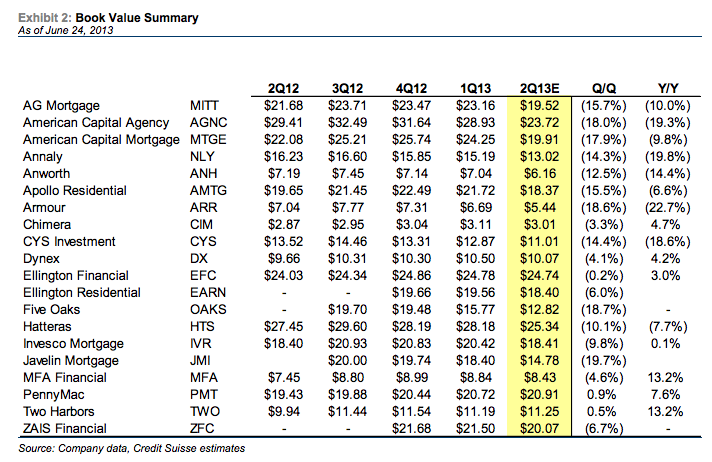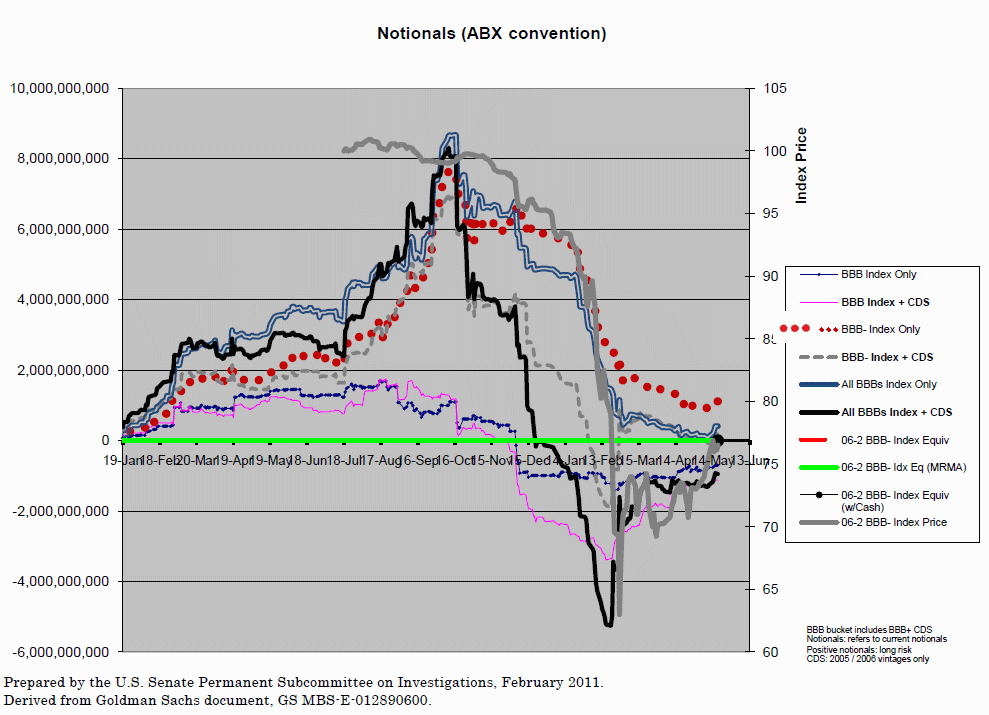Become a MortgageBacked Securities Analyst
Post on: 31 Май, 2015 No Comment

The global financial crisis put an international spotlight on mortgage-backed securities. Subprime mortgages pooled, repackaged, and sold among financial firms lost their value and played a large part in the U.S. recession and global financial crisis. Since then, regulations have been tightened and high-quality mortgage-backed securities are again profitable. Credit analysts, those with home loan experience, and other finance professionals are again in demand as mortgage-backed securities analysts
What Are Mortgage-Backed Securities?
Mortgage-backed securities are individual residential or commercial mortgages that are bundled together by the loan writer (also called the originator) and resold as a new financial product to another firm. Once these mortgages are pooled, their combined monthly payment streams can be used to support interest and principal payments on debt. The new product is structured to immediately remit a cash lump sum for the value of an asset that normally pays cash only at specified intervals. This immediate realization of cash changes the asset from its original value to what is called a derivative product because it derives a new value different from the original value of the asset. Keep in mind, the derivative must still reflect the underlying asset value.
Many types of firms, from institutional investors to insurance companies, buy these packaged loans but they require assurance that the new structured product will make a good investment. This is where mortgage-backed securities analysts play a key role. The global financial crisis of 2008 brought to light the complexities and misrepresentation of many structured products. The failure of these investments could be blamed on the structure of the securities, where the pooled securities which were split into different tranches (French word meaning slices). The new product no longer accurately reflected the value and risks of the underlying securities. Both the rating agencies and investors failed to recognize the situation, particularly in the lower tranches. As a result, today’s mortgage-backed securities analysts operate in an environment of additional scrutiny and regulation.
Roles and Responsibilities
Mortgage-backed securities analysts can work on either the sell side (originators) or the buy side (investors) and responsibilities vary accordingly. On the sell side, analysts can work at large investment banks and other financial institutions like mortgage companies that underwrite loans. Sell-side analysts are typically responsible for the following:
- providing financial analysis for each proposed loan
- assisting in underwriting, committing, and closing transactions
- organizing and analyzing tranches

On the buy side, analysts may work in an asset management company, pension or other investment funds, or an insurance company. Similar to other buy-side credit analysts, MBS analysts primarily focus on determining the relative value of a securitized product and modeling the credit risk against the valuation attractiveness of the individual securities. Buy-side analysts do the following:
- analyze mortgage-backed securities investments and recommend that their firm buy, hold, or sell
- screen new mortgage backed security offerings
- perform country, sector, and bond selection through relative value and credit analysis
Whether on the buy or sell side, analysts need to work well under pressure. Analysts are responsible for their own cache of securities. They should be able to work independently and have strong analytical skills. Working hours and conditions are similar to those for other security analysts.
Skills
While a bachelor’s degree is required, most firms prefer a master’s degree with a finance or accounting concentration. The strongest candidates are also certified financial analysts (CFAs). Firms sometimes recruit entry level or junior analysts from college, but most entry-level mortgage-backed securities analysts have at least 2 years of prior experience in analyzing or underwriting real estate loans or in loan origination. Experience with Fannie Mae and FHA loan programs and knowledge of modeling, trading, structuring, and valuating securities are also important.
Compensation
The annual salary for mortgage-backed securities analysts can vary widely depending on the type of employer and market. The average annual compensation listed for these jobs is between $65,000 and $200,000 based on data from Glassdoor.com. The biggest variable is the bonus which can range from a percent to a multiple of annual salary. Because of the greater degree of specialization and experience, mortgage-backed securities analysts tend to earn higher compensation than general credit analysts.
The Bottom Line
Specializing in structured or derivative credit products like mortgage-backed securities usually requires an advanced degree, certifications, and prior experience in the mortgage field. Analysts on the sell side have more client contact. On the buy side, analysts have more autonomy but must be able to thrive in a high-pressure environment. Since the financial crisis put a spotlight on derivative products and the limitations of rating agencies, those in the field have face increasing accountability and scrutiny.














